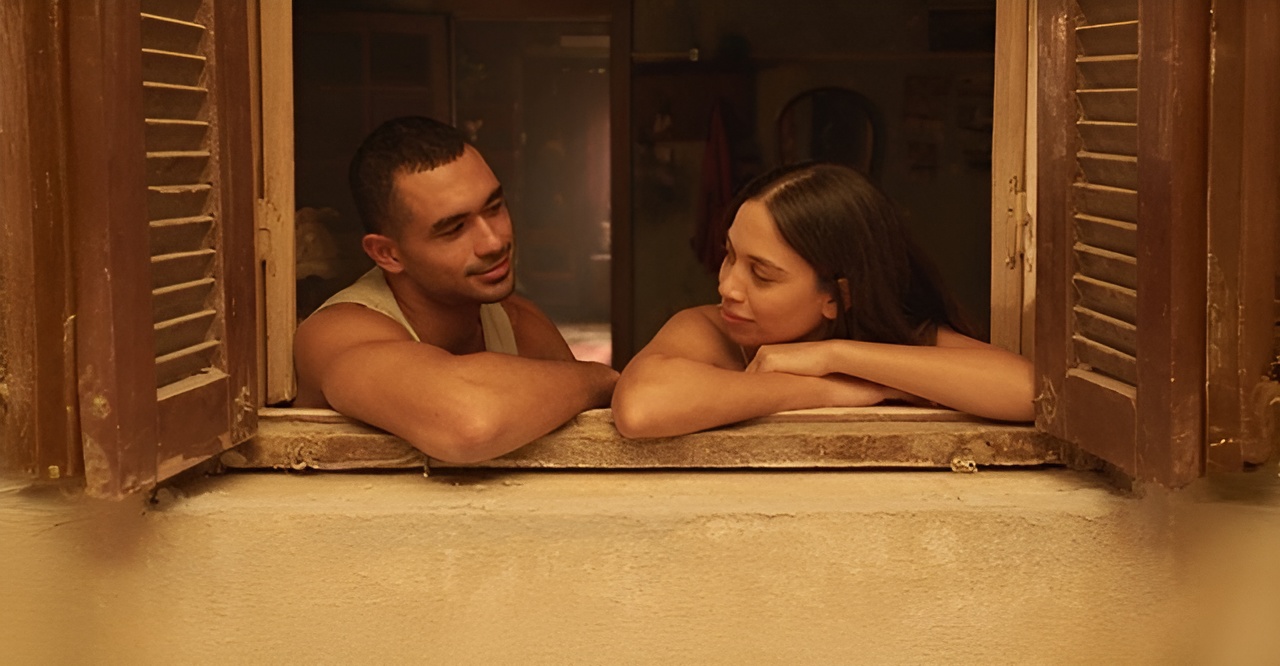In her first feature film, Zeina Abdel Baky, daughter of veteran actor Ashraf Abdel Baky, emerges as a promising voice in Egyptian cinema, and a filmmaker unafraid to take risks. Meen Yesadak (Who’d Believe It?) premiered at the Cairo International Film Festival in 2024, competing in the “Arab Horizons” section. Though it initially generated buzz on the festival circuit, the film recently trended on social media again after its 2024 release on the Shahid streaming platform, drawing a wave of discussion, debate, and divided opinions. A Story Rooted in Silence and Neglect At its core, Meen Yesadak follows Jayda Mansour, who plays Nadine, a young woman in her 20s who comes from a wealthy yet emotionally barren household. She meets Bassem, played by Youssef Omar, a charming fraudster who offers her the one factor in life which her parents never provided: attention. Nadine’s father, a powerful and perpetually busy businessman played by Sherif Mounir, rarely gives her the time of day, while her mother is emotionally absent and uninterested in her struggles. The only person Nadine forms a genuine connection with in her household is Karima, her maid, portrayed by…
Meen Yesadak? A Quietly Defiant Film That Dares to Speak the Unspoken
November 1, 2025




